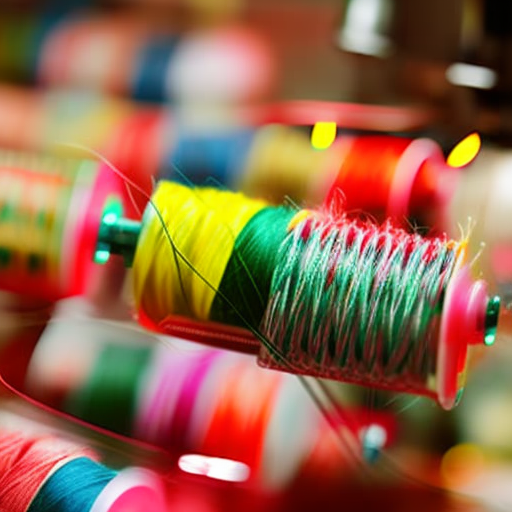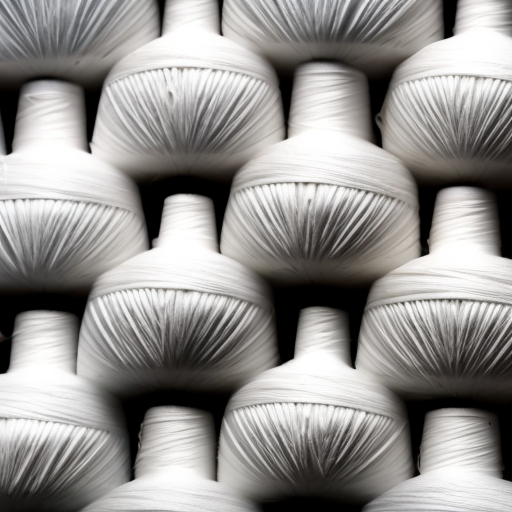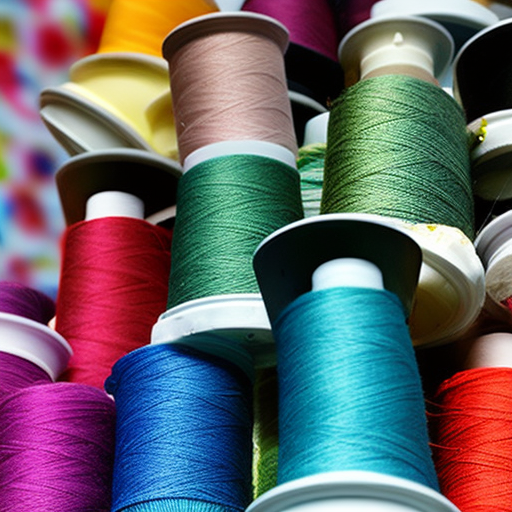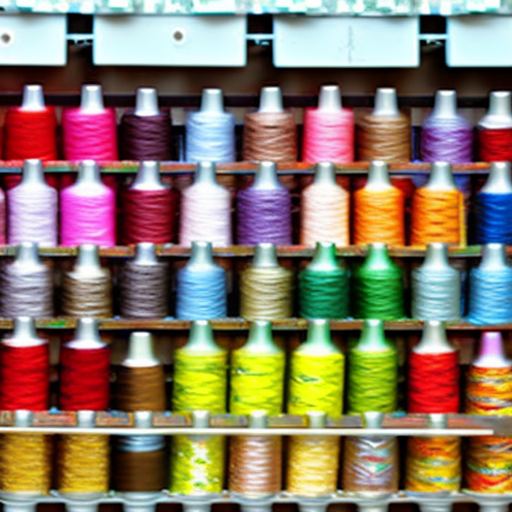
?
Sewing thread plays a crucial role in various aspects of textile and garment production. Whether you are an aspiring fashion designer or an avid sewing enthusiast, understanding the importance of high-quality sewing thread is essential. In this article, we will explore the fundamentals of sewing thread and why it is an indispensable component for successful sewing projects.
What is Sewing Thread?
Sewing thread is a thin strand of yarn, usually composed of cotton, polyester, or a blend of different fibers. It is primarily used to stitch fabrics together during sewing processes. Sewing threads come in a wide range of colors, thicknesses (weights), and qualities, allowing for versatile usage across different projects and materials.
The Importance of Quality Sewing Thread
Using high-quality sewing thread is critical for achieving durable and professional-looking results in your sewing endeavors. Here are a few reasons why:
- Strength and Durability: High-quality sewing thread provides superior strength, ensuring that your stitches won’t easily break or unravel over time. This is particularly important for sewing heavy-duty fabrics, such as denim or leather.
- Smooth and Even Stitch Formation: Quality threads have a uniform thickness and smooth texture, minimizing the risk of skipped stitches, tangling, or jamming in your sewing machine. They allow for better tension control, resulting in neater and more visually appealing stitches.
- Colorfastness: Threads made from high-quality dyes maintain their color vibrancy even after repeated washes, preventing unwanted fading and preserving the overall appearance of your sewn projects.
- Resistance to Abrasion: Top-notch sewing threads are resistant to friction and abrasion, preventing premature wear and tear in seams, hems, and other areas where fabric is frequently stressed.
Choosing the Right Sewing Thread
When selecting a sewing thread, consider the following factors:
- Fiber Type: Different fiber materials offer distinct characteristics. Cotton thread is ideal for lightweight fabrics, while polyester threads often provide increased strength and stretch. Blended threads combine the benefits of multiple fibers.
- Thread Weight: Threads come in various weights, commonly labeled as Tex or Ticket numbers. Thicker threads (low Tex/Ticket numbers) are suitable for heavy fabrics, while thinner threads (high Tex/Ticket numbers) work well with delicate materials.
- Color: Choose a thread color that complements your fabric. Opt for a matching shade to create an invisible stitch or a contrasting color for decorative purposes.
- Usage: Consider the intended use of your sewn item. Will it be subjected to heavy stress or washing? Select a thread that can withstand the specific demands of your project.
Remember, investing in top-quality sewing thread is an investment in the longevity and overall finish of your sewing projects. Don’t compromise on this vital component!
Conclusion
Now that you have a deeper understanding of the importance of sewing thread, make informed choices when selecting the thread for your future sewing endeavors. Always opt for high-quality threads that meet your specific project requirements, ensuring durable, beautiful, and long-lasting results.





I’ve been using this thread for years and it has never failed me!
John Schaffer: I recently used this thread for some curtains and it worked like a charm! Highly recommended.
Great thread! It’s strong and durable which makes it perfect for a variety of projects, whether you’re making simple repairs or creating something intricate like curtains or a dress. Plus, the price is usually quite affordable! #HighlyReviewed
I love it; two thumbs up from me! This thread is strong and easy to work with, so I’m never disappointed when I use it. Highly recommended!